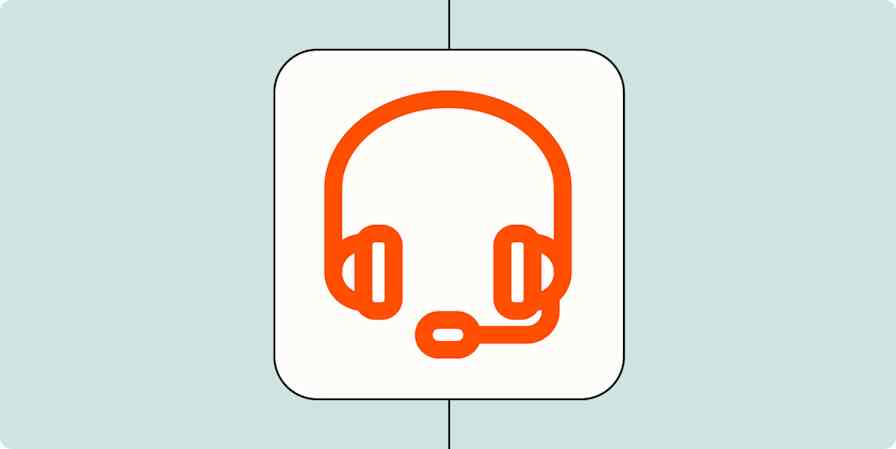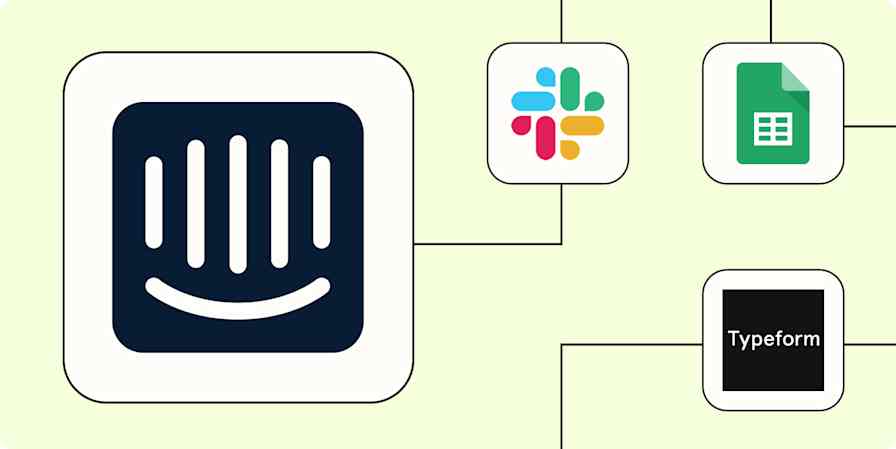Business tips
3 min read5 Takeaways from UserConf SF
By Micah Bennett · October 25, 2013

Get productivity tips delivered straight to your inbox
We’ll email you 1-3 times per week—and never share your information.
tags
Related articles
Improve your productivity automatically. Use Zapier to get your apps working together.








